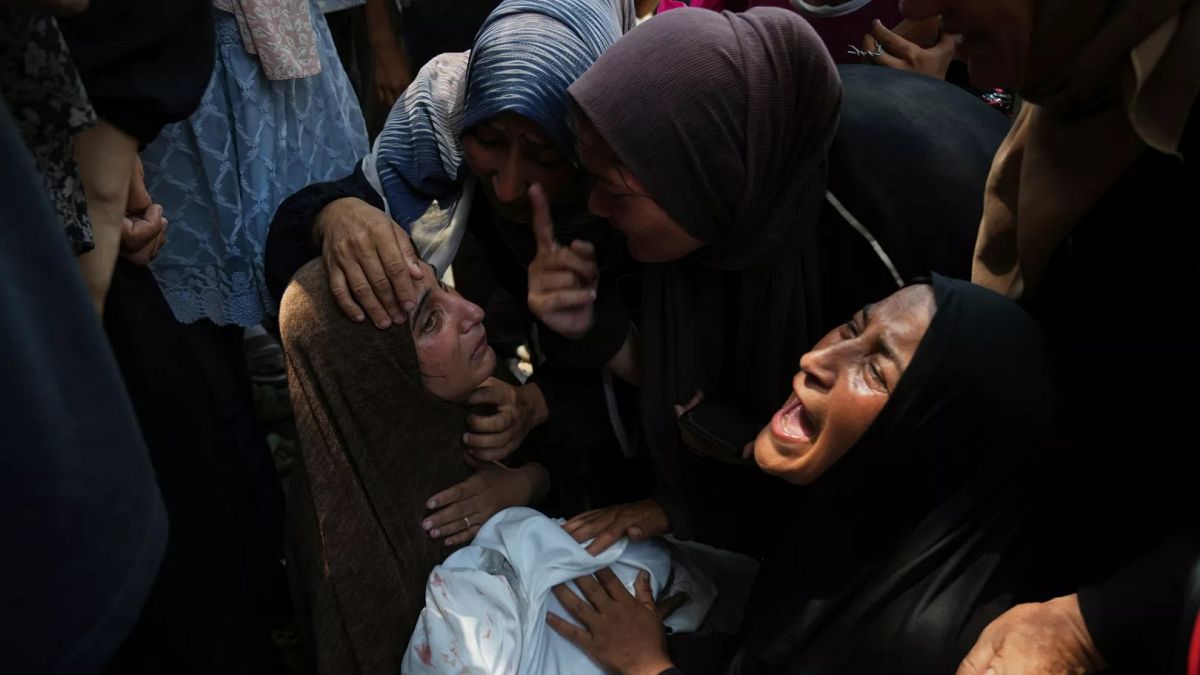

Amid a landscape characterized by both conflict and dialogue attempts, regions in the Middle East and Southeast Asia find themselves grappling with complex situations that call for calm resolutions. In recent developments, both Israel-Gaza relations and the Thailand-Cambodia border tensions are marked by humanitarian and diplomatic challenges, inviting global concern and calls for peace.
The humanitarian situation in Gaza has reached critical levels as recent events have underscored the urgency for effective intervention. According to health officials, a series of Israeli gunfire and airstrikes resulted in at least 25 deaths, mostly among those waiting for aid near the Zikim crossing. This distressing development highlights the dire needs of the Gazan population, exacerbated by food shortages and a lack of therapeutic supplies essential for malnourished children. The United Nations has voiced concerns over the inefficacy of proposed aid airdrops, urging immediate action to address the spiraling starvation.
On the diplomatic front, Israel is contemplating alternatives to the stalled ceasefire talks with Hamas. In discussions held in Qatar, there have been minor signs of progress, yet no significant breakthroughs, indicating a complex path ahead toward lasting peace. The detention of medical professionals in Gaza by Israeli forces further pressures this delicate humanitarian theater, with rights groups calling attention to the plight of detained healthcare workers.
Concurrently, the border conflict between Thailand and Cambodia has reignited old tensions, drawing in regional and international observer interest. Martial law has been declared by Thai authorities in an effort to stabilize border areas after artillery exchanges flared near the Ta Muen Thom temple along the disputed boundary. The fighting, which has now spread to twelve locations, has led to over 130,000 evacuations from Thai border areas, deepening concerns of a potential escalation into broader conflict.
The Cambodian government has reached out to its Thai counterpart with a plea for an immediate ceasefire. However, despite mediation offers from global players such as the United States and China, Thailand has opted to pursue bilateral resolutions. Both nations face the pressing task of managing border disputes while safeguarding civilian lives and maintaining regional stability.
The global community, including nations like the UK, France, and Germany, has added their voices to calls for humanitarian access and diplomatic negotiations. These appeals underscore the critical need for peaceful solutions and underscore the broader aspirations for sustained peace in conflict-prone regions.
Despite the complexities and challenges on multiple fronts, there remains an underlying hope that diplomatic efforts, both on the Israel-Gaza and Thailand-Cambodia fronts, can pave the way toward peaceful and sustainable solutions. The path may be intricate, but the resolve for peace remains a guiding beacon amid the storms of current events.
Source: {link}
